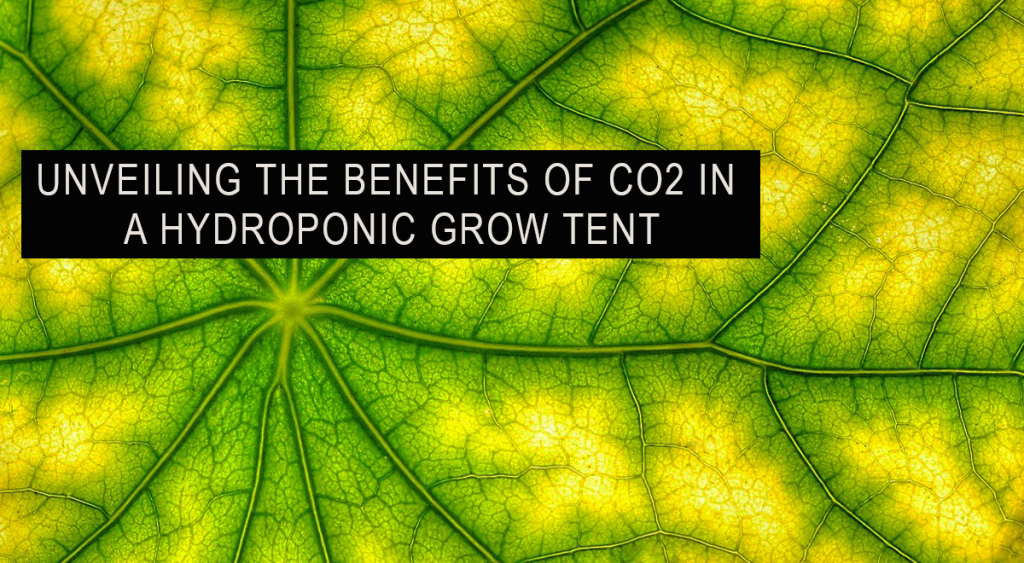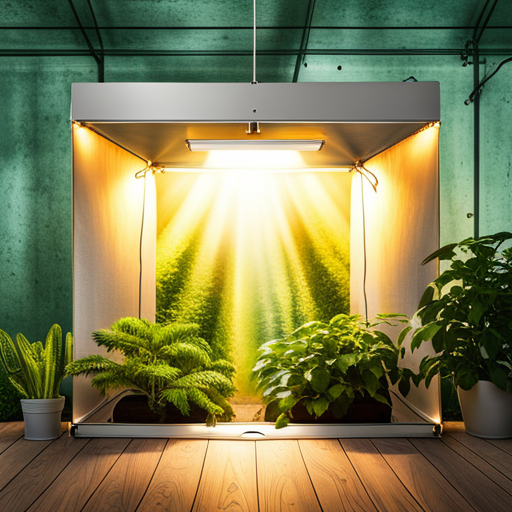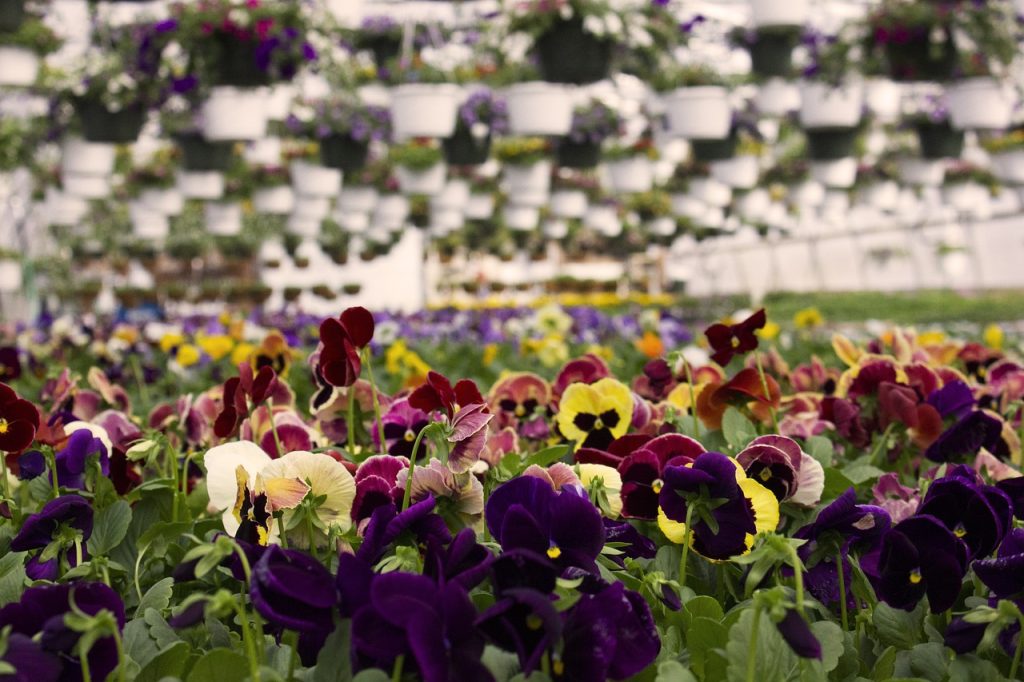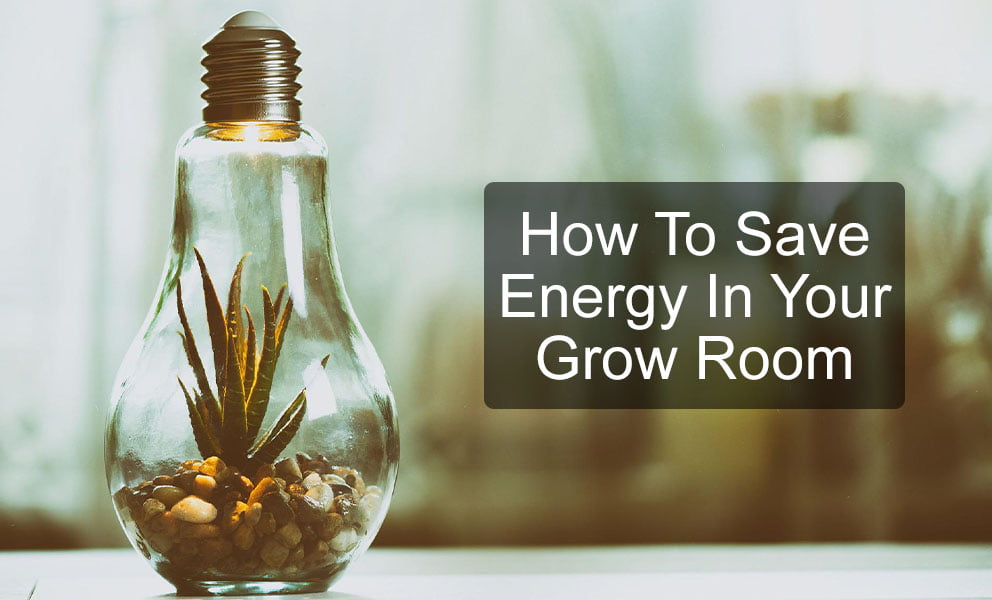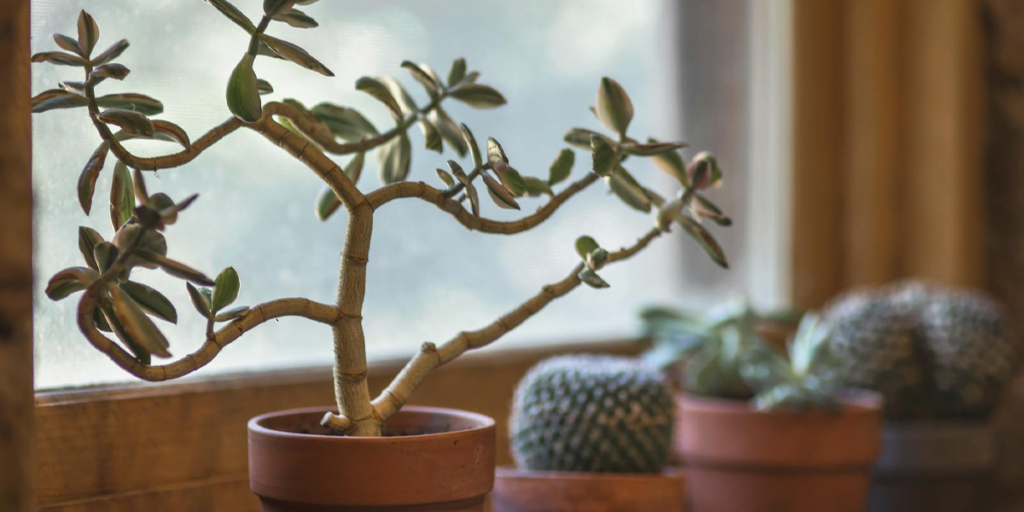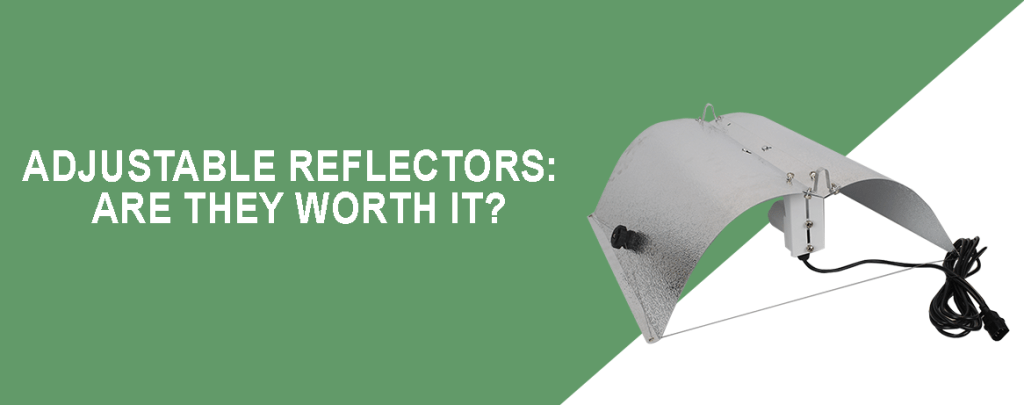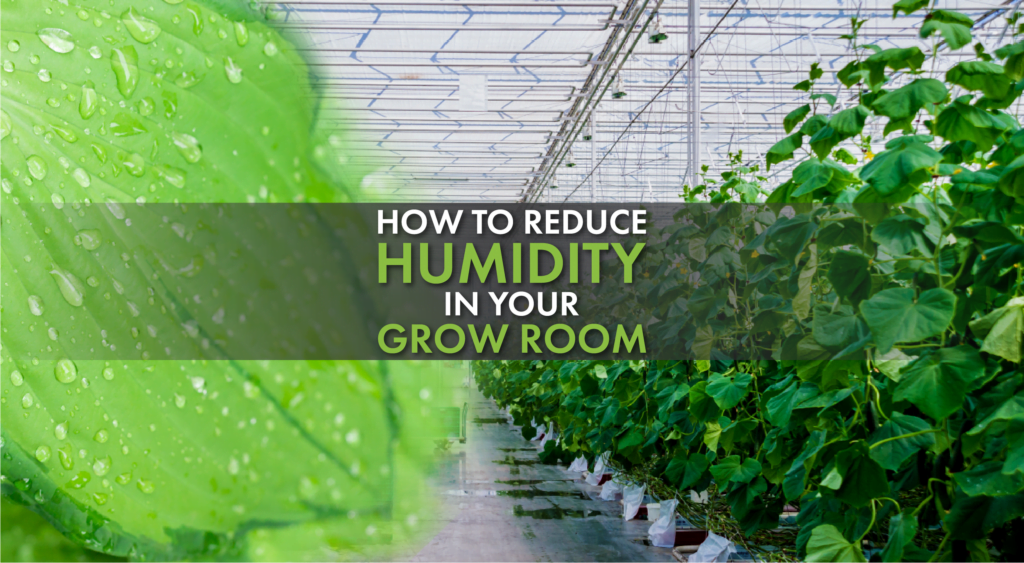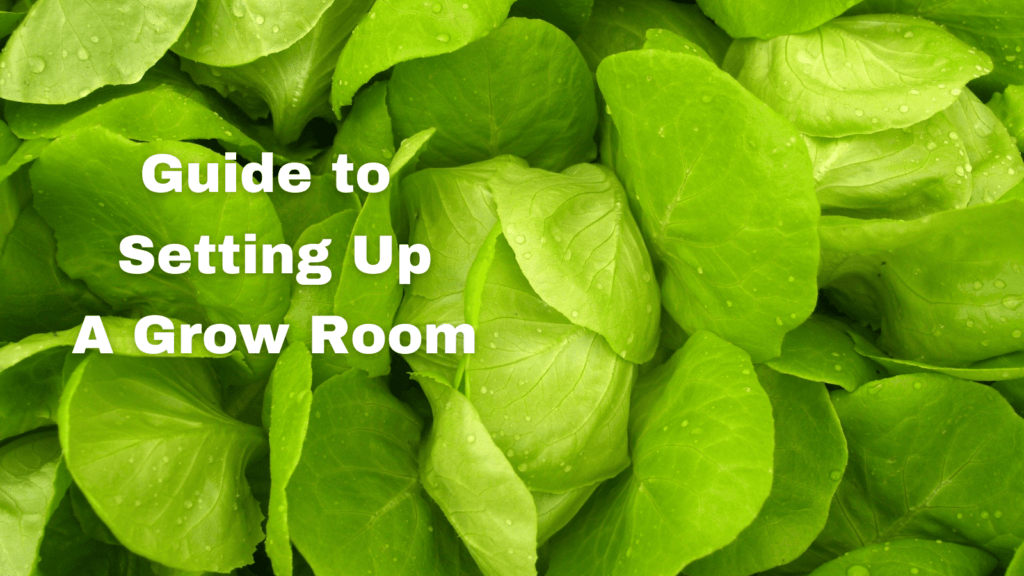Nutrient Deficiencies – Know Your Nutrients!

There can be a number of reasons why plants fail to thrive, despite your hardest efforts. This could, therefore, mean that your plants are dealing with a nutrient deficiency.
Those of you growing high-value crops require a precise combination of macro and micronutrients in order to reach their full potential. Nutrient deficiencies are a common problem in general gardening and hydroponic systems.
Types of Deficiencies & Symptoms
Firstly, it’s important to have a balanced base nutrient, which you can add the right nutrient boosters too. This will ultimately help to speed up nutrient absorption and promote stronger and healthier growth.
Nitrogen promotes green, leafy growth, however, it is very soluble so it can be easily washed out of your plant’s soil. A Nitrogen deficiency will result in yellowing leaves and stunted growth. This is an issue as it will leave your plants deficient in Spring when plants are starting their new growth again. The symptoms of a Nitrogen Deficiency include yellow or pale leaves, which fall off easily.
Potassium helps to control both water uptake and the process of allowing plants to harness energy from the sun (photosynthesis). Potassium will help to promote better flowering and fruiting, whilst hardening your plant’s core. A shortage in potassium is more likely in light and sandy soils as they will wash the nutrients away easier. Therefore we recommend using a clay soil instead as it will hold and absorb potassium better.
Phosphorus is needed for healthy root and shoot growth. Soil shortages are normally rare but can occur in areas of high rainfall and heavy clay soil. You’ll be able to notice a phosphorous deficiency as your plant’s leaves will turn blotchy. Plus they’ll change colour and the edges will curl.
Magnesium helps your plants to develop healthy leaves and harness every for photosynthesis. Soil shortages are more common on light, sandy soils and you’ll notice a deficiency, as leaves will turn. Likewise, they’ll also produce lower quality flowers.
Manganese helps plants to harness the energy of the sun, soil shortages are normally rare, but manganese and oil shortages can be found in alkaline conditions such as potting composts. You’ll notice a manganese deficiency as dark spots appear on your plants leaves and they’ll begin to yellow.
Whether you’re a beginner gardener or not, you’ll want to keep your plants healthy throughout all stages of growth. Therefore there are a number of products available on the market which can help improve and avoid nutrient deficiencies from happening in the future.
How to treat nutrient deficiencies
If your plants are suffering from any of the above nutrient deficiencies, then we suggest you consider using a foliar fertiliser containing plenty of Humic and Fulvic Acid. These will both completely protect your plants from any nutrient deficiencies. However, you will have to be incredibly careful when using these, making sure you’re using them in the correct dosages. We also recommend that you keep a close eye on the pH level of your nutrient solution making sure it’s between 5.0 and 7.5.
It’s important that you recognise nutrient deficiencies early on in order to ensure your plants grow to their full potential.
